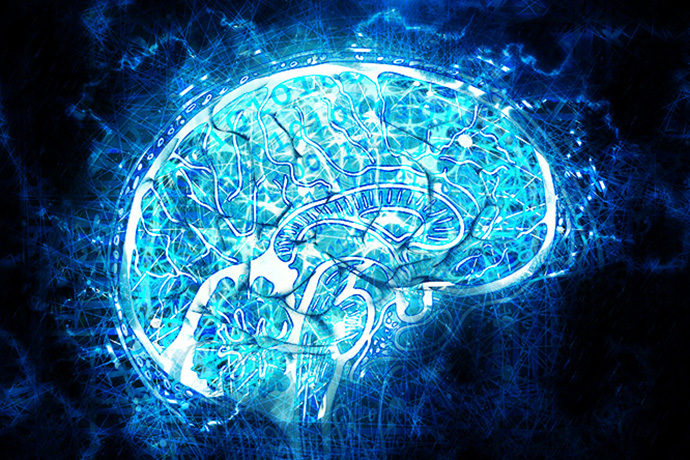One Step Forward, Five Back
So…umm…that “return to blogging” post I made last month? Yeah.
Yeah.
Not going to happen, least of all because I’m writing this in November and postdating it to February so I can explain what happened with my awesome, pro-active 2018.
I got a concussion.
Scratch that. I HAVE a concussion, and I’ve been suffering with it for the last 8 months.
This explains so much about my life since visiting my sister and nieces at their home in Wisconsin last June. I’ve struggled with writing, being productive in any capacity, reading—even THINKING. Any kind of deep thinking was out for me, and reading was impossible for months. I would read a page and have no idea what I read. After about the fifth reread, I gave up and moved on with life (usually camping out in front of the tv). It’s been awful. I thought I was a lazy slacker, and I couldn’t figure out what was wrong or why I was failing at life.
I literally had one good week in January, when I wrote that last blog post. I thought I was back on track, and then it was like not only hit a brick wall, but a caravan of tractor trailers followed up behind me. One step forward, 50 steps back.
Now, though, I have an answer! Literally everything I’ve been experiencing are symptoms of a concussion, which can last for months, years, or even forever as your brain changes and doesn’t always heal perfectly. Also, good to know: only about 20% of concussions involve immediate mental faculty symptoms—you know, the “How many fingers am I holding up?”, “What year is it?” “Follow my finger with your eyes” questions and/or disorientation or unconsciousness.
Only. Twenty. Percent. A full 80% of concussions live on in silence, affecting their host for up to a year in most cases, and they have no idea.
What’s even more frustrating is that I TOLD MY DOCTORS ABOUT THIS, and no one even mentioned a possible concussion. I was having a lot of medical issues and seeking some kind of explanation (the running theory was a thyroid disorder), but I explained these symptoms AND finished off my symptom-list with a “by the way, I hit my head last June, and my head still tingles in that spot. Is that weird?”
Crickets. Absolutely no concern or “go see a neurologist about that.”
My MOM suggested a concussion, after I was complaining yet again about not feeling well and not knowing what was wrong. Her boss had recently gone through this with his daughter, whose symptoms were more immediately apparent. I said I would research it, read some medical sites with signs and symptoms, and said, “Huh.” Everything. Matched.
I then went to a neurologist, who confirmed the diagnosis. I also happened to fail a super easy memory test, where I had to remember three specific words after 5 minutes of conversation. Yeah, not so much!
So, what can chronic concussion symptoms look like?
- Headache/pressure in the head
- “Not feeling right”
- Nervousness or anxiety
- Drowsiness
- Dizziness/vertigo
- Slow responses
- Irritability
- Low energy
- Nausea
- Poor memory
- More emotional than usual
- Feeling slowed down
- Sensitivity to light or noise
- Poor concentration
- Sadness
- Trouble falling asleep
- Numbness/tingling or neck pain
- Repeats questions
- Sleeping more than usual
- Balance problems
- Looking “dazed”
Oh, look. I have, like, ALL OF THOSE except for the last two. Go figure.
Apparently, the rate of concussions in university-level football players is far higher than we know, too. They figure out that said athlete is suffering from a concussion after they’ve suddenly tanked the following semester, because, guess what? They can’t study or retain information! Imagine that, their grades being bad.
Clearly, non-neurological doctors and the public need to be better educated on what concussions look like. People go to their primary care physician and emergency rooms with these kinds of problems, and if those doctors aren’t equipped to at least say, “Go to a neurologist, this could be a thing,” then we have no real hopes of getting treated. And even though treatment is basically lessening the symptoms while the brain heals itself, it’s a TREMENDOUS stress-reliever to know that you aren’t the problem. It’s not you being lazy. It’s not you failing at life. You have a brain injury, and it’s invisible.
It’s not you.
It’s not me.
And I will get better, with time, rest, and understanding. Until then, I need to be kind to myself and let myself heal. I need to accept that there are things I can’t do right now, however much I want to. And that’s okay. That’s life.


